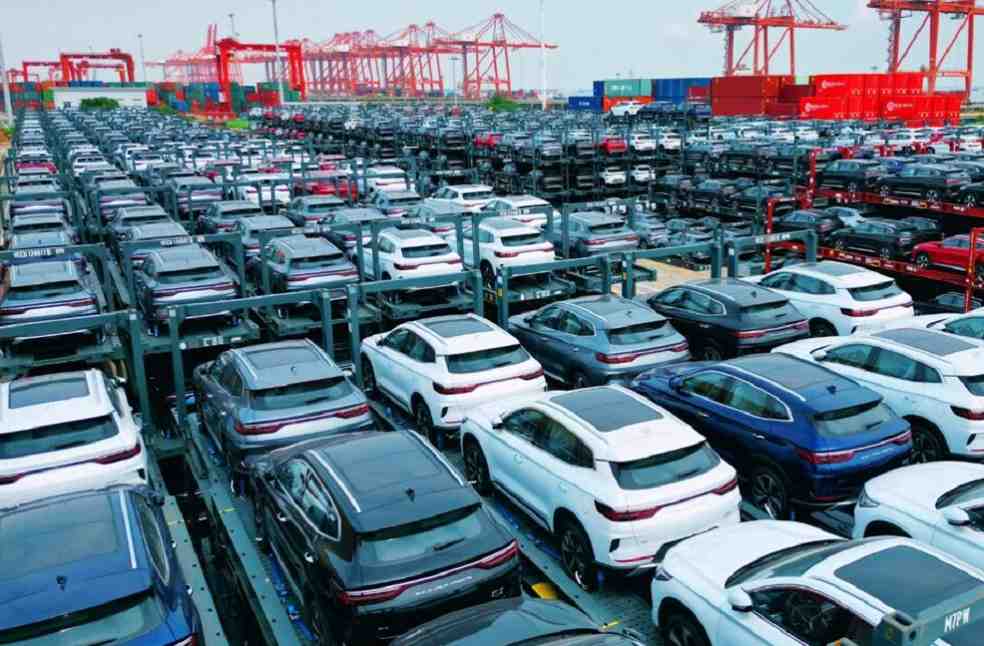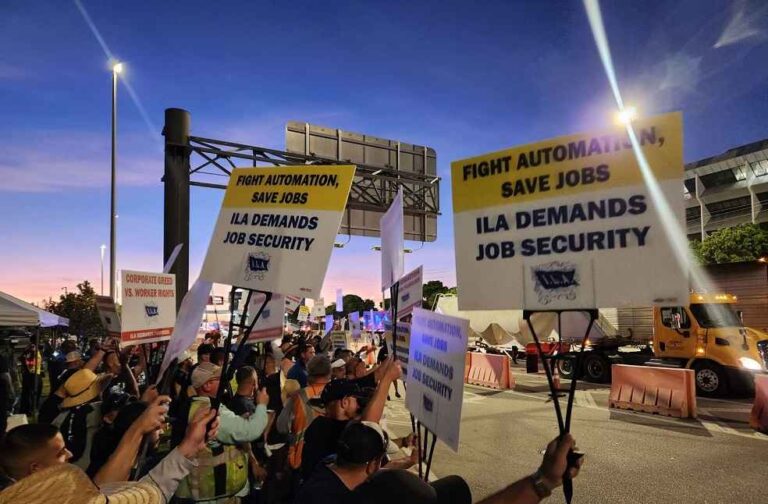U.S. East and Gulf Coast port workers commenced a strike early Tuesday, which seriously effecting automotive supply chain. These ports processed $37.8 billion in vehicle imports over the past year, and the strike now risks delaying the timely delivery of vehicles and crucial auto parts. Bill Long, CEO of the Motor & Equipment Manufacturers Association (MEMA), warned that a prolonged disruption could result in plant shutdowns and job losses, stating, “If it’s a lengthy strike… it’s going to be a disaster.”
The strike follows the expiration of a labor contract between the International Longshoremen’s Association (ILA), which represents 45,000 port workers, and the United States Maritime Alliance (USMX). Despite extensive negotiations, including a proposal from USMX offering nearly a 50% wage increase, talks ended at an impasse. The ILA rejected the latest offer, leading to the strike action. Meanwhile, the USMX expressed hope that extending the current master contract could help revive bargaining.

Analysts estimate the strike could cost the U.S. economy around $5 billion daily, impacting shipments of cars, light trucks, food, and retail goods. The Port of Baltimore, the busiest U.S. port for automotive imports, which handled 847,158 vehicles in 2023, is among the facilities affected. The ripple effects of the strike could extend globally, potentially disrupting supply chains in Europe and Asia.
Major automotive manufacturers are monitoring the situation closely. Jack Hollis, head of sales for Toyota Motor North America, remarked, “Every single day of these things can cause issues for people to consider.” European automakers like BMW and Volkswagen are also concerned about disruptions in imports, although currently high inventory levels might help alleviate immediate impacts. General Motors and Ford have already implemented contingency plans, while Hyundai is coordinating with its logistics partner to maintain vehicle deliveries.

MEMA has urged the Biden administration to step in, underscoring that even minor disruptions to the supply chain could escalate into larger issues. Notably, 70% of auto parts imports into the U.S. pass through the affected ports, and delays could potentially halt production lines across the nation. This strike is the first of its kind by the ILA since 1977, posing additional strain on an already fragile supply chain just weeks before the presidential election.
Despite the urgency of the situation, President Biden has indicated no intention of invoking the federal Taft-Hartley Act, which would require workers to return to work during negotiations. With talks at a standstill, businesses across various sectors are preparing for the potential fallout of this historic strike, which could threaten jobs and further strain the economy.
GENERAL | Porsche Leads J.D. Power Brand Loyalty Study for Third Year in Premium Cars





